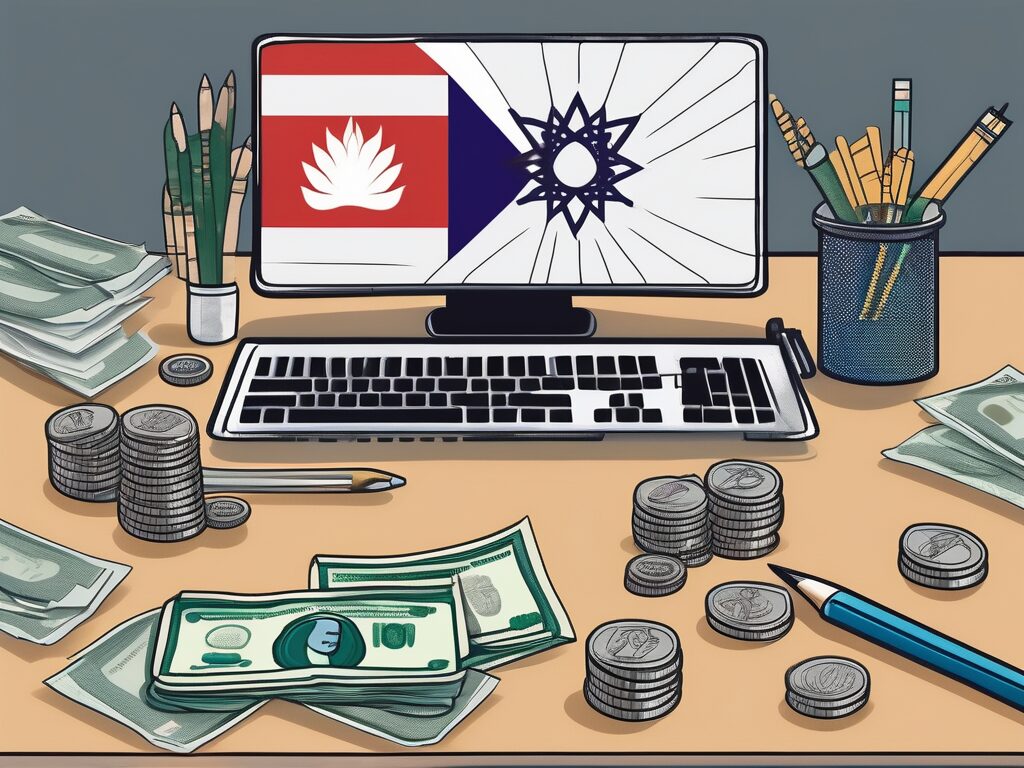Disposable Income for International Teachers in Thailand 2025
Thailand, renowned for its rich cultural tapestry, dynamic urban life, and breathtaking natural beauty, has emerged as a favored destination for international educators. The prospect of residing in a tropical environment while earning a competitive salary is undeniably appealing. However, it is essential to assess the expected disposable income for international teachers in Thailand. This guide will explore the financial landscape for educators in the Land of Smiles.
Defining Disposable Income
To effectively evaluate disposable income for international teachers in Thailand, it is crucial to first define the term. Disposable income refers to the amount of money an individual retains for discretionary spending or saving after the deduction of taxes and other obligatory expenses from their gross income.
This financial metric represents the funds available for non-essential expenditures, such as dining, travel, and leisure activities. In essence, it constitutes the ‘discretionary funds’ that can be utilized without compromising the ability to meet fundamental living costs.
Salary Overview for International Teachers in Thailand
The initial step in determining disposable income involves analyzing gross income. Salaries for international teachers in Thailand can vary significantly based on several factors, including educational qualifications, teaching experience, and the type of educational institution.
On average, international educators can anticipate earning between 50,000 and 100,000 Thai Baht per month, which translates to approximately £1,200 to £2,400. It is important to note that salaries at the upper end of this spectrum are typically reserved for educators possessing advanced degrees and extensive teaching experience.
Impact of Qualifications and Experience
In the field of education, qualifications and experience are pivotal in determining salary levels. Educators holding a bachelor’s degree in education or a related discipline, along with a recognized teaching certification such as TEFL or TESOL, are likely to secure higher salaries. Furthermore, those with several years of teaching experience often possess greater negotiating power regarding compensation packages.
Influence of School Type on Salary
The type of educational institution also significantly influences salary levels. International schools, which typically adhere to curricula aligned with Western educational standards, generally offer higher salaries compared to local Thai schools. However, these institutions often have elevated expectations and may require teachers to possess a master’s degree or a valid teaching license from their home country.
Cost of Living Considerations in Thailand
Having established the income parameters, it is essential to examine the cost of living in Thailand, as this factor directly impacts disposable income by determining the proportion of salary allocated to essential expenses such as housing, food, and utilities.
Overall, Thailand presents a lower cost of living compared to many Western nations. However, variations exist based on geographic location. For instance, living expenses in major urban centers like Bangkok or popular tourist destinations such as Phuket tend to be higher than in smaller towns or rural areas.
Housing Expenses
Housing typically constitutes the most significant expense for individuals. In Thailand, a diverse array of housing options is available to accommodate various budgets. For example, a one-bedroom apartment in a city center may range from 10,000 to 30,000 Thai Baht per month, approximately £240 to £720. Conversely, accommodations in suburban areas or smaller towns can be considerably more affordable.
Food and Utility Costs
Food expenses in Thailand are relatively low, particularly for those who enjoy local cuisine. Dining at local restaurants or street food vendors can cost as little as 30 to 50 Thai Baht per meal, equivalent to approximately £0.70 to £1.20. Utility costs, encompassing electricity, water, and internet services, typically range from 2,000 to 3,000 Thai Baht per month, or about £48 to £72.
Calculating Disposable Income
With a comprehensive understanding of income and expenses, we can now calculate disposable income. For instance, consider an international teacher earning an average monthly salary of 75,000 Thai Baht while residing in Bangkok.
After accounting for essential expenses such as housing, food, and utilities, the teacher may incur approximately 40,000 Thai Baht in monthly costs. This results in a disposable income of 35,000 Thai Baht, or roughly £840 per month, available for discretionary spending or savings.
Conclusion
While the disposable income for international teachers in Thailand may not align with Western standards, it is imperative to consider the lower cost of living and the lifestyle benefits that Thailand offers. With prudent financial management and strategic budgeting, educators can enjoy a comfortable standard of living while also saving for future endeavors.
Moreover, the invaluable experience of immersing oneself in a different culture, the opportunity to explore Southeast Asia, and the warm hospitality of the Thai people are benefits that transcend monetary value. Therefore, prospective teachers should evaluate not only the financial aspects but also the holistic experience and unique opportunities that Thailand presents.
Enhance Your Teaching Career in Thailand with IPGCE
As you consider the enriching journey of teaching in Thailand, we recommend enhancing your qualifications through the International Postgraduate Certificate in Education (iPGCE). This program addresses the common challenges posed by stringent qualification requirements, positioning you as a competitive candidate in the global education landscape. The iPGCE is designed to increase your interview callback rate by 50% and improve promotion prospects by 45%. Engage with a worldwide network of educators, deepen your understanding of international curricula, and benefit from the flexibility of online study to balance professional development with teaching responsibilities. Do not let insufficient credentials hinder your career progression. Join the iPGCE program and unlock the full potential of your international teaching career in Thailand.

